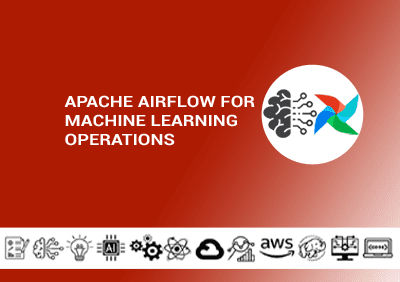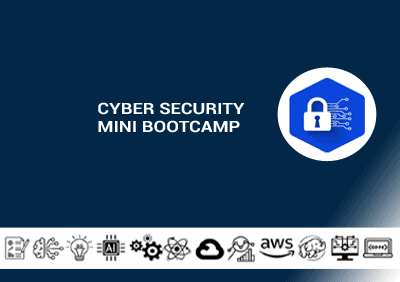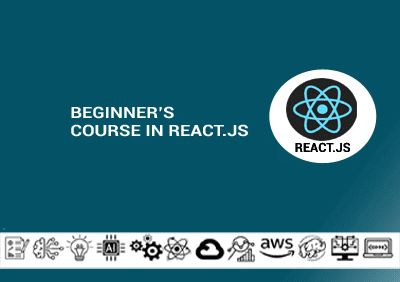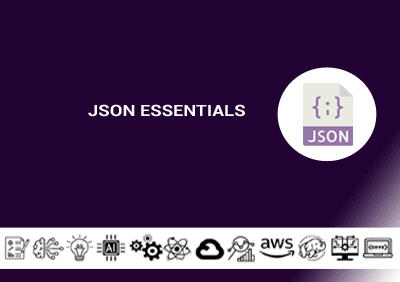- Overview
- Prerequisites
- Audience
- Curriculum
Description:
This Go programming course is designed for IT professionals looking to enhance their skills in a modern and efficient programming language. Participants will learn the fundamentals of Go, including data types, control structures, and concurrency, while also exploring web development and testing practices. Through hands-on projects and real-world examples, attendees will gain practical experience in building scalable applications and APIs. Ideal for developers, DevOps engineers, and system administrators, this course provides a comprehensive introduction to Go, equipping professionals with the tools to succeed in today’s tech landscape.
Duration:1 Day / 8 hours
Course Code: BDT388
Learning Objectives:
By the end of this course, participants will be able to:
- Understand Go Fundamentals
- Write Go Programs
- Work with Collections
- Implement Concurrency
- Develop Web Applications
- Test and Debug Go Code
- Complete a Hands-On Project
- Follow Best Practices
Participants should have basic programming knowledge, familiarity with command line tools, understanding of software development concepts, and optional experience with networking and web development.
The target audience for the Go programming course includes software developers, DevOps engineers, system administrators, technical architects, data engineers, IT professionals exploring cloud technologies, and students or recent graduates seeking practical skills in modern programming.
Course Outline:
Session 1: Introduction to Go
- Overview of Go: History and Features
- Setting up the Go environment
- Installation
- Go workspace structure
- First Go program: "Hello, World!"
- Understanding the Go toolchain
Session 2: Go Basics
- Data types and variables
- Control structures (if, for, switch)
- Functions and error handling
- Pointers and memory management
Session 3: Working with Collections
- Arrays, slices, and maps
- Understanding ranges and iterations
- Using structs for custom data types
Session 4: Concurrency in Go
- Introduction to Goroutines
- Channels for communication
- Synchronization using WaitGroups and Mutexes
- Best practices for concurrent programming
Session 5: Web Development with Go
- Introduction to the net/http package
- Building a simple web server
- Handling HTTP requests and responses
- Creating RESTful APIs
Session 6: Testing and Debugging
- Writing tests in Go
- Using the testing package
- Debugging techniques and tools
- Performance profiling
Session 7: Practical Project
- Hands-on project: Building a simple application (e.g., a CRUD API)
- Code review and discussion
- Integrating concurrency into the project
Session 8: Best Practices and Resources
- Go coding conventions and best practices
- Common libraries and frameworks
- Resources for further learning (books, online courses, communities)
Training material provided: Yes (Digital format)



